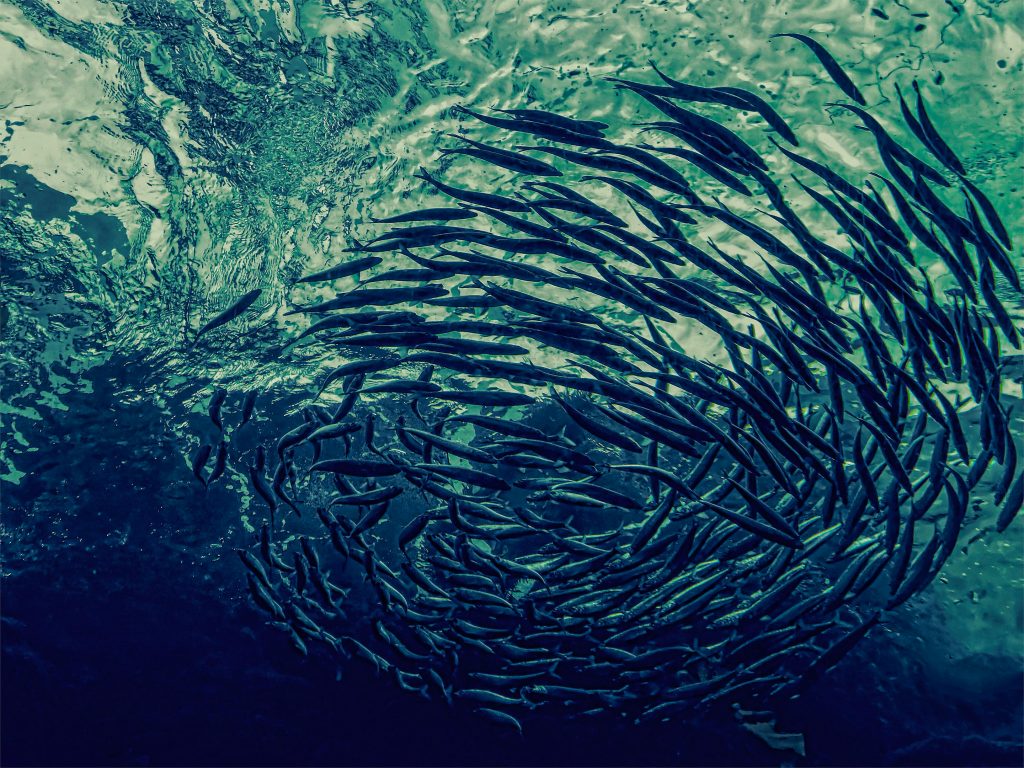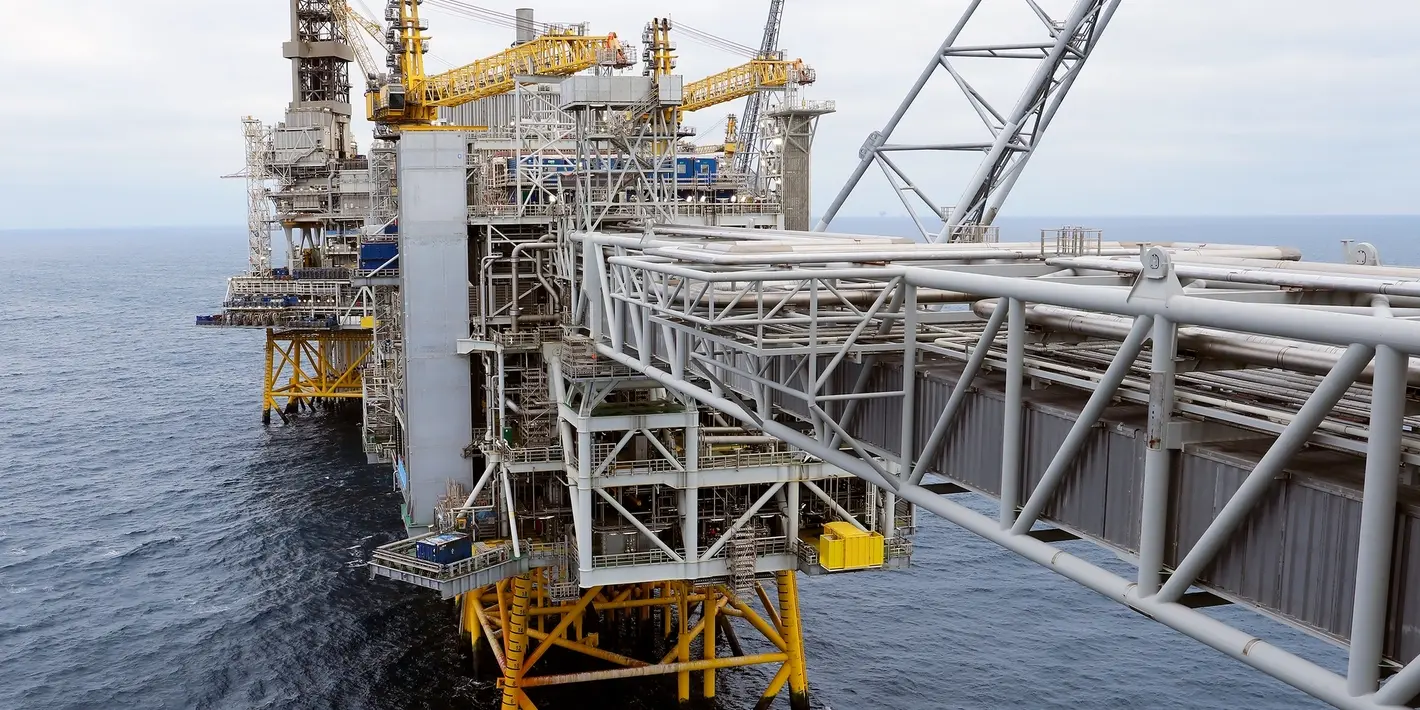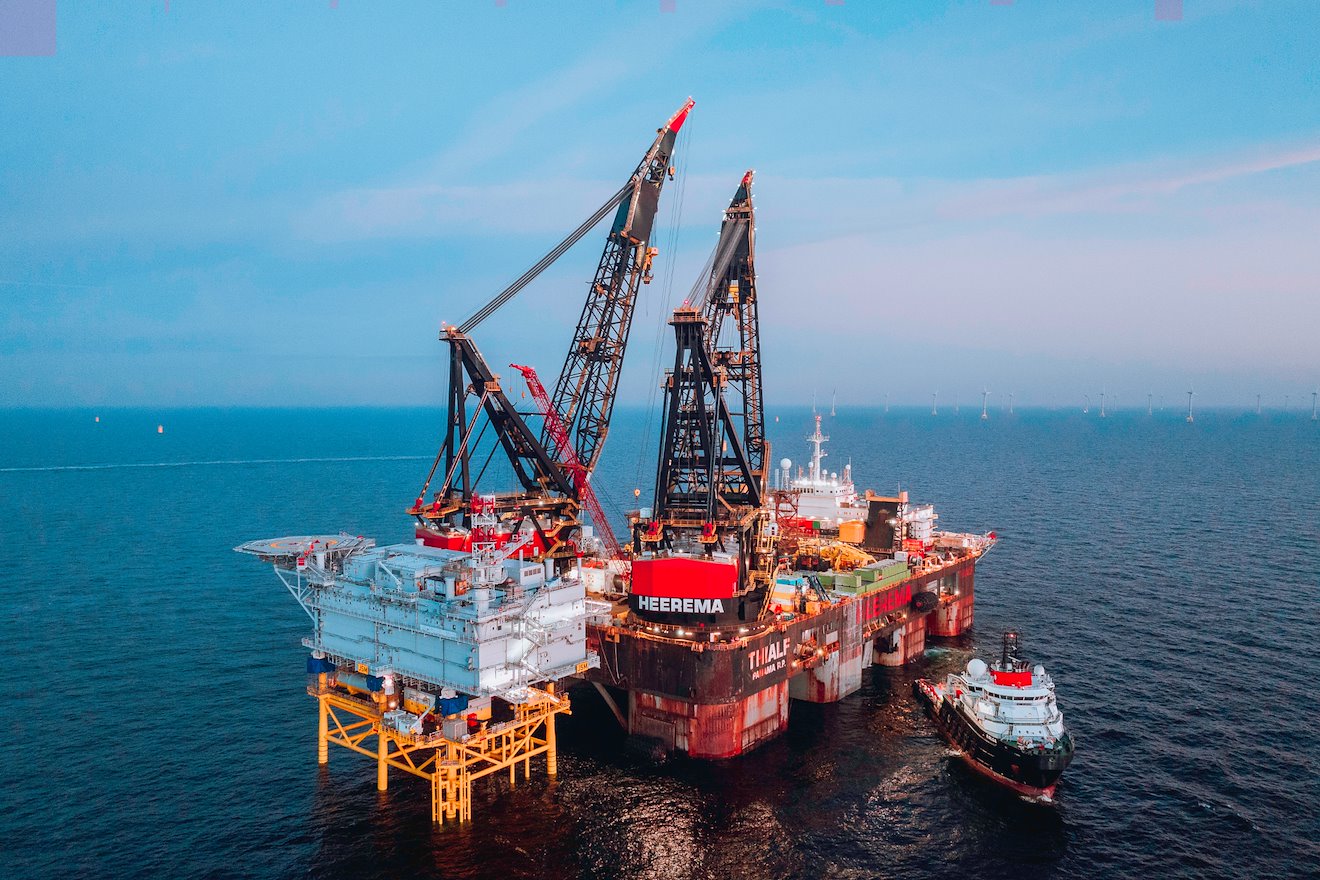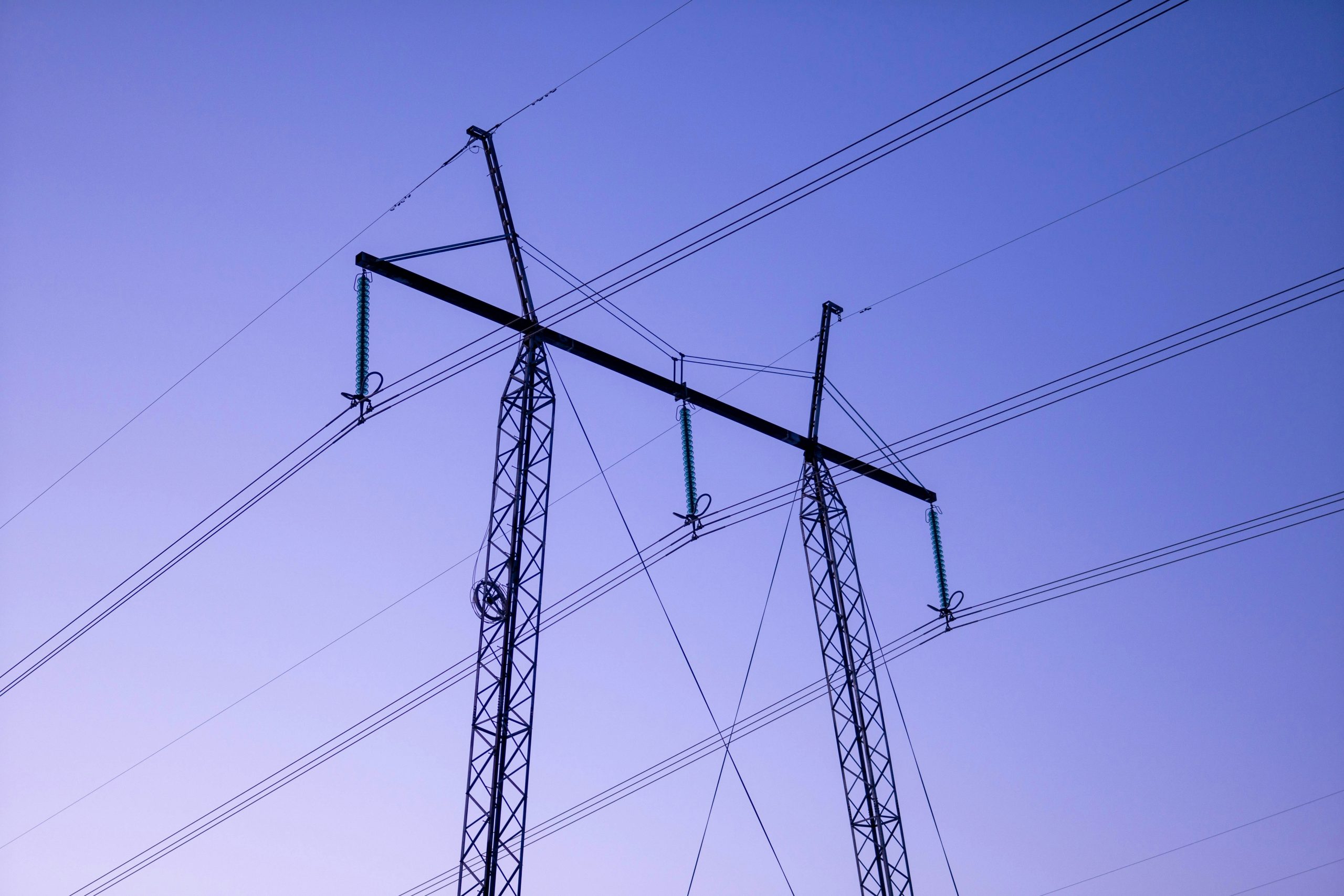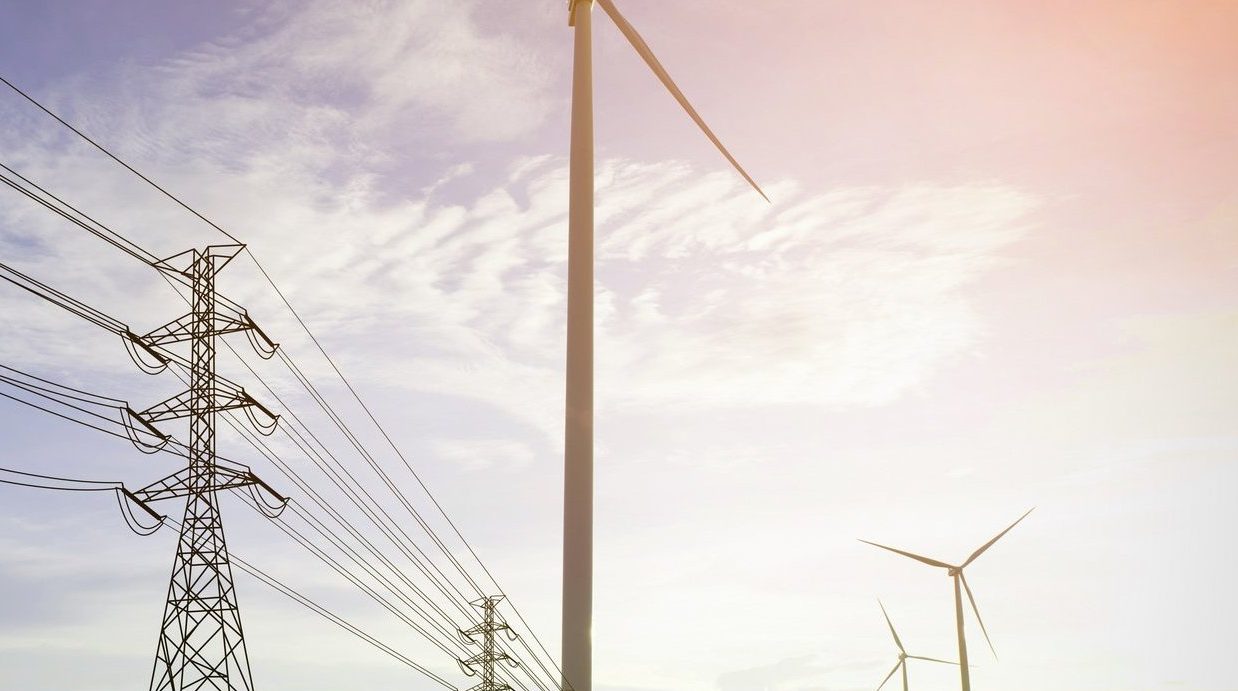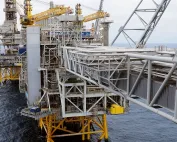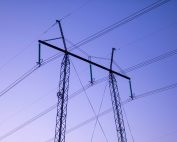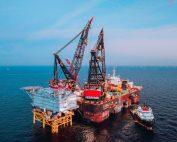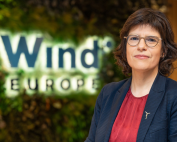ELWIND has signed a contract with the Institute of Food Safety, Animal Health and Environment “BIOR” to carry out a study assessing the impact of the Latvian area of the offshore wind park ELWIND on fish and fisheries.
Study on the environmental impact on fish and fisheries of the Latvian offshore wind park will be conducted by BIOR in the ELWIND offshore wind park area to identify fish species, their seasonal distribution, and the ecological significance of the area. The study will evaluate the potential effects of the planned infrastructure on fish communities and assess the area’s role as a spawning, feeding or migration site.
BIOR will also analyze the potential impact on commercial fisheries, including access to fishing grounds, fishing intensity and spatial distribution. The study will include both desktop and field research, and will result in an Environmental Impact Assessment (EIA) with recommendations for mitigation and monitoring measures.
This study is part of the Environmental Impact Assessment (EIA), which is required to evaluate the ELWIND project’s effects on the marine ecosystem and ensure compliance with environmental legislation. The goal of the joint Estonian–Latvian ELWIND offshore wind park is to create favorable conditions for the development of accessible renewable energy in the Baltic Sea region, benefiting both local communities and electricity consumers in Estonia and Latvia. To achieve this, both countries are conducting comprehensive studies on the potential environmental impacts of the offshore wind park, including effects on wildlife, seabed, fisheries, socio-economic conditions, visual landscape, and other key aspects.
